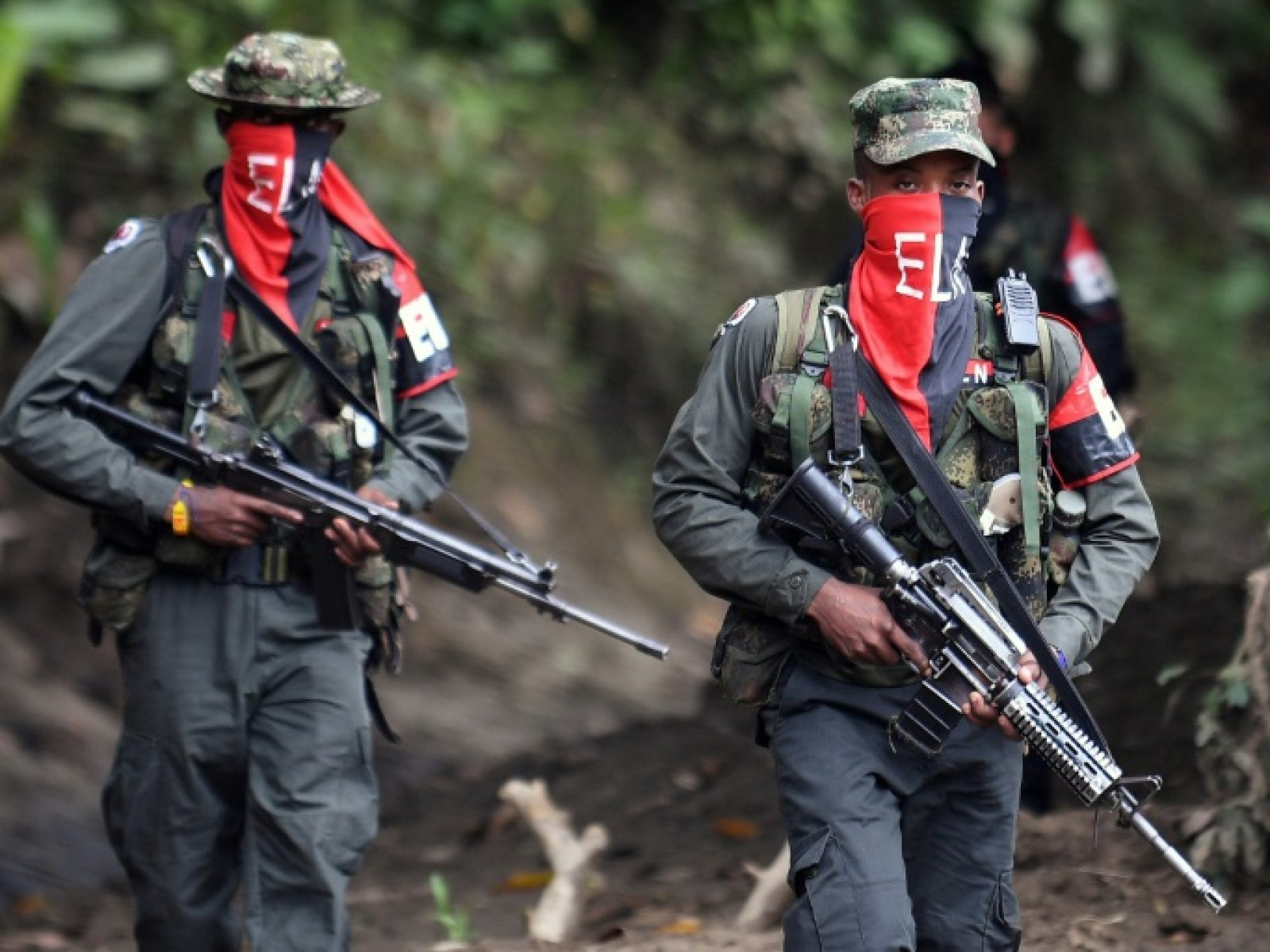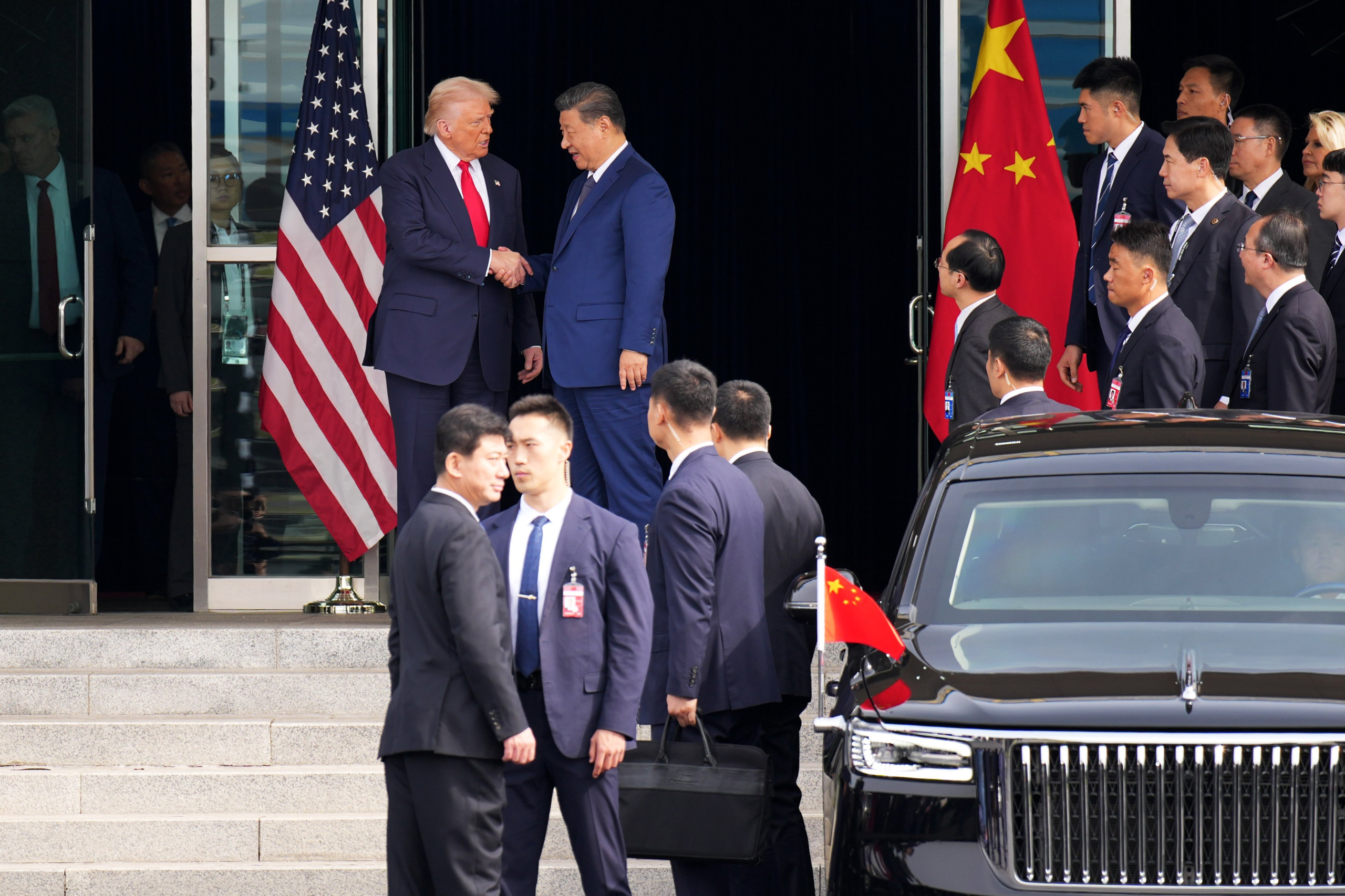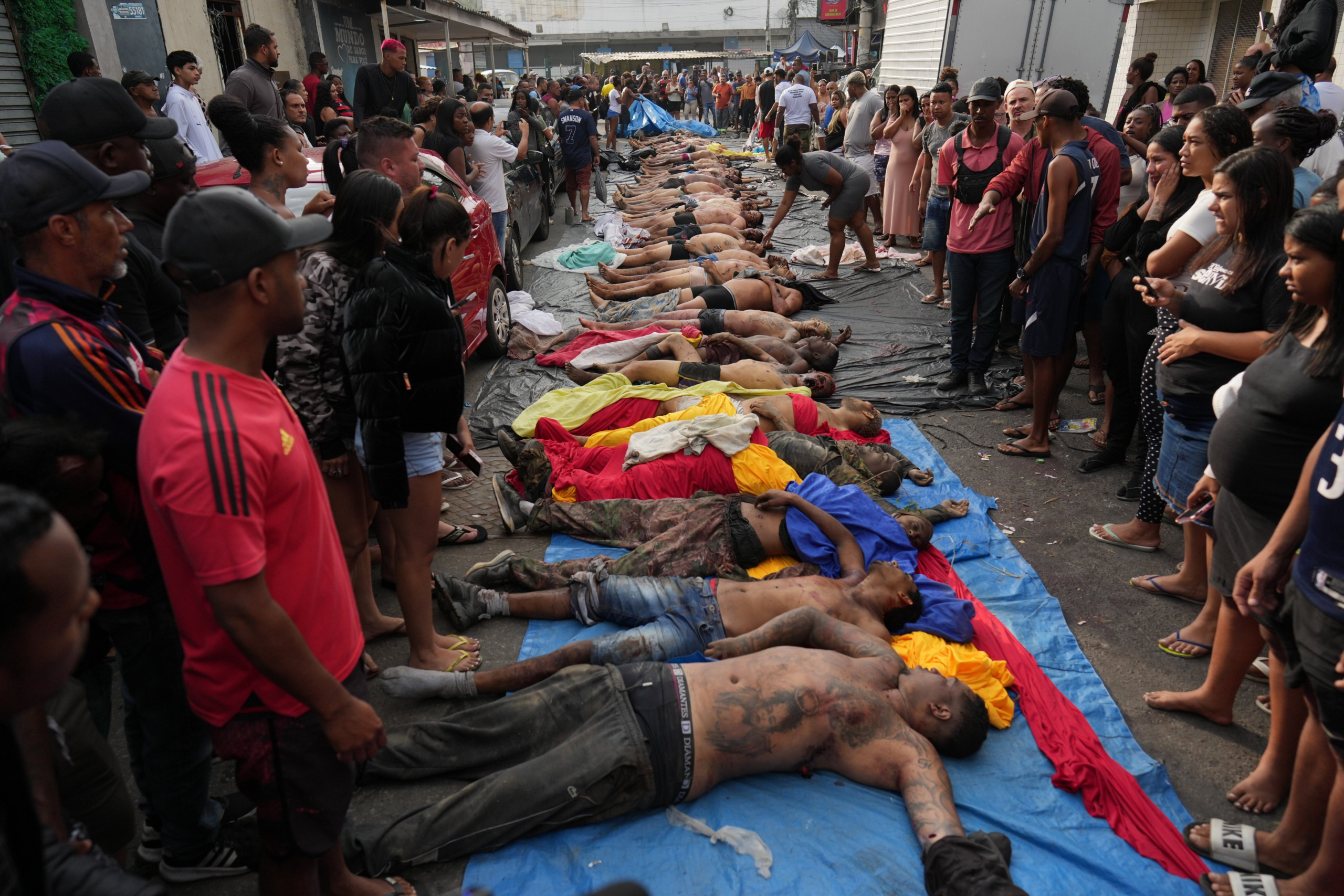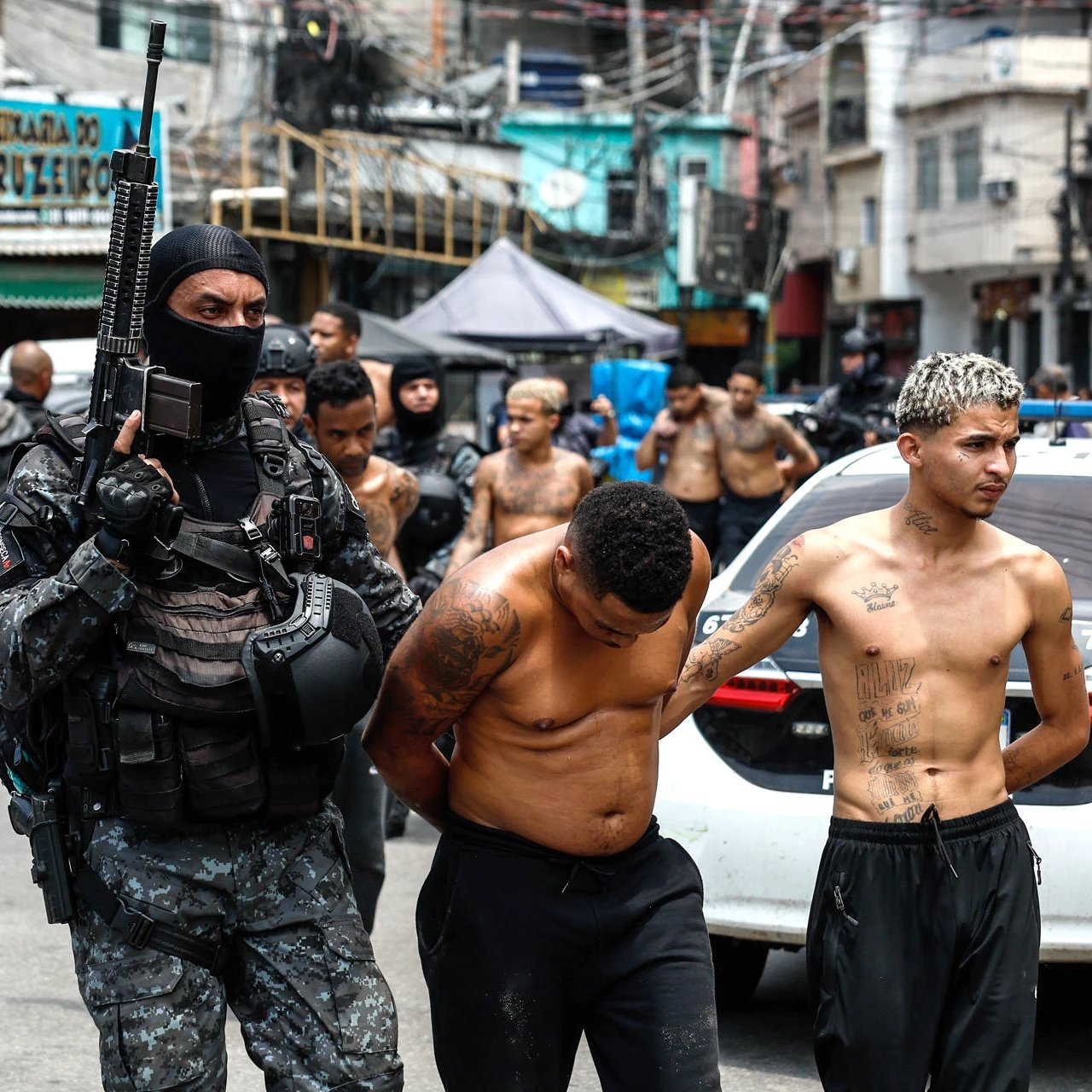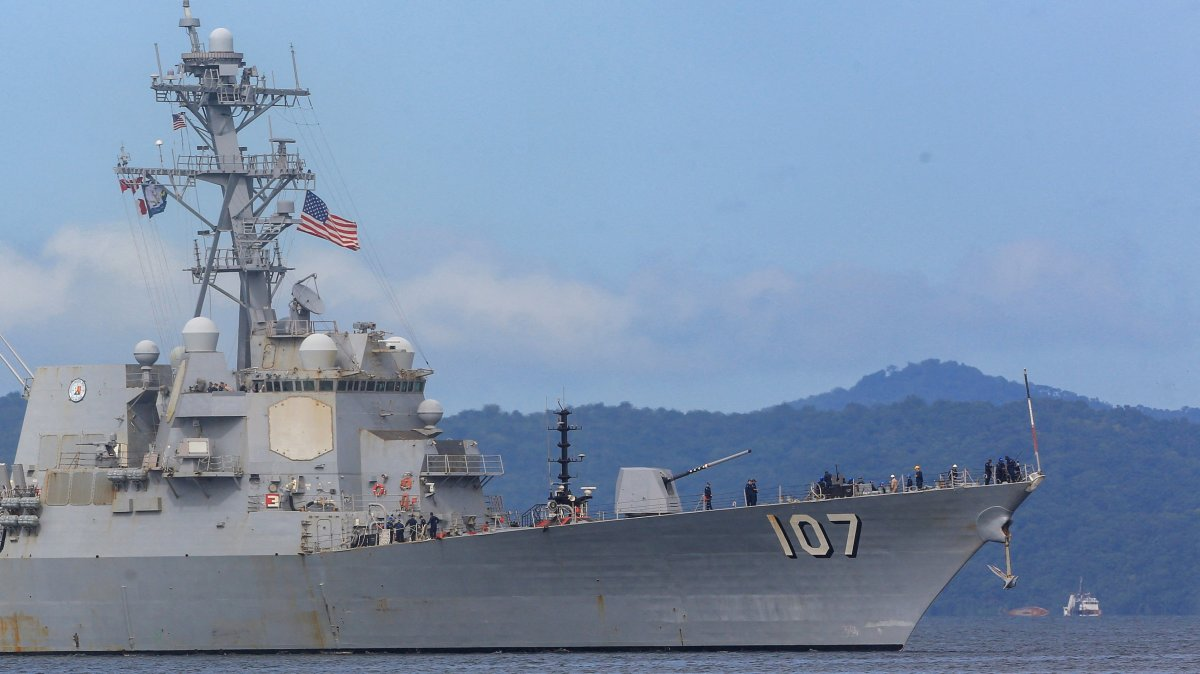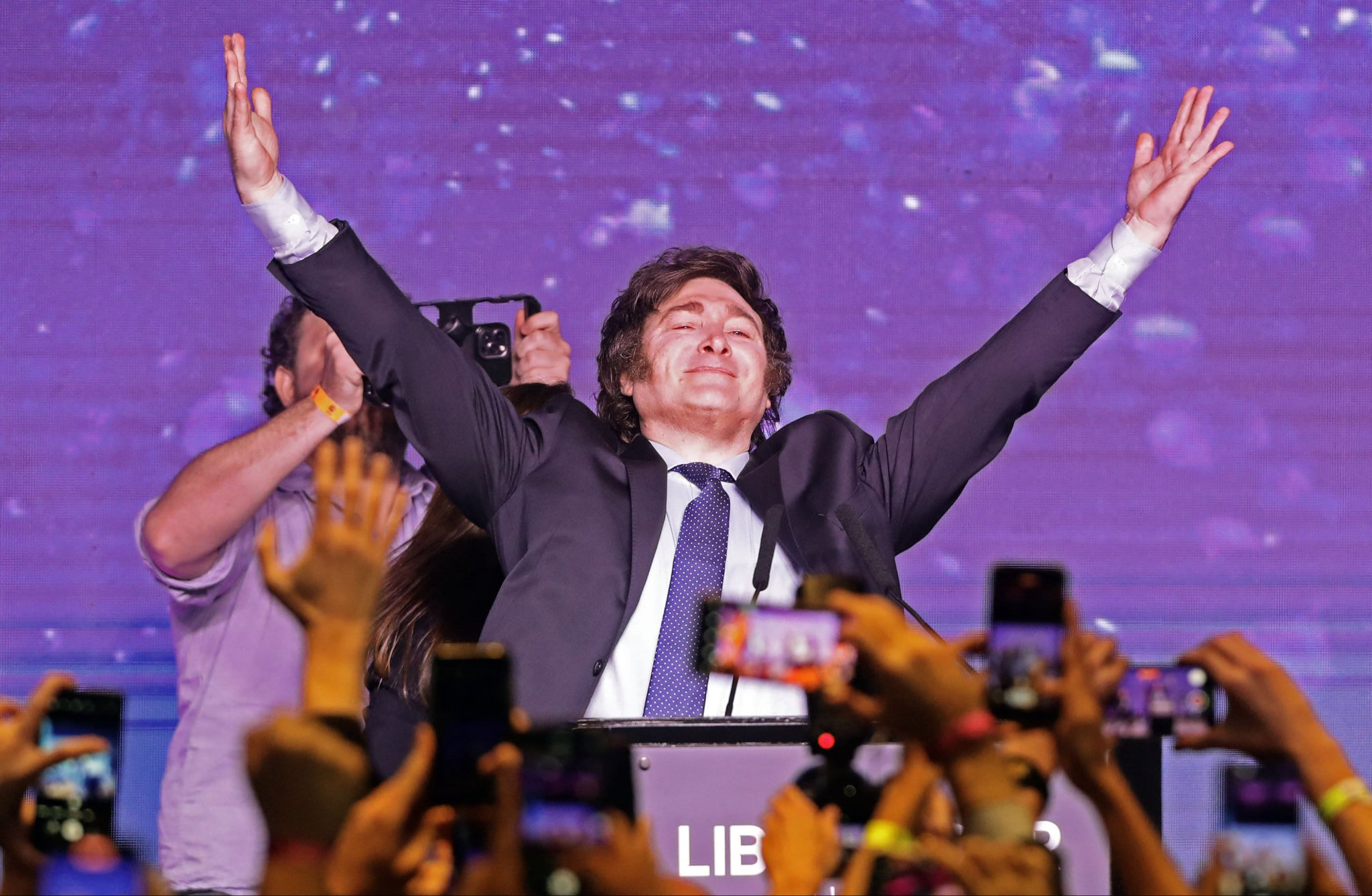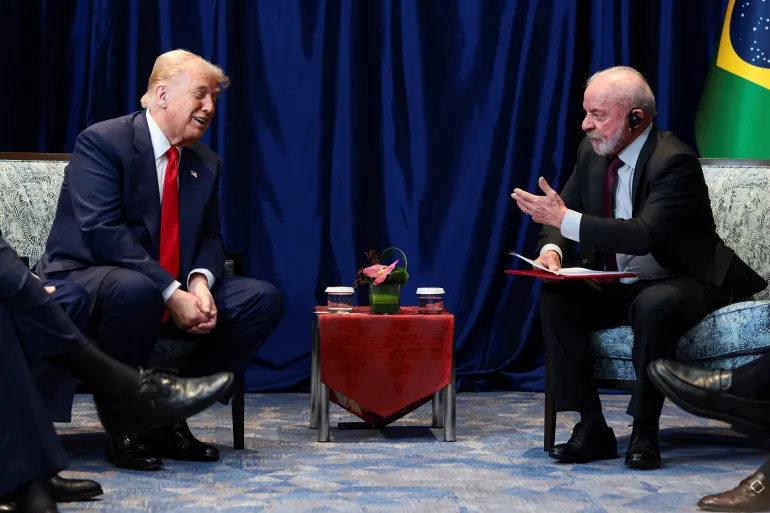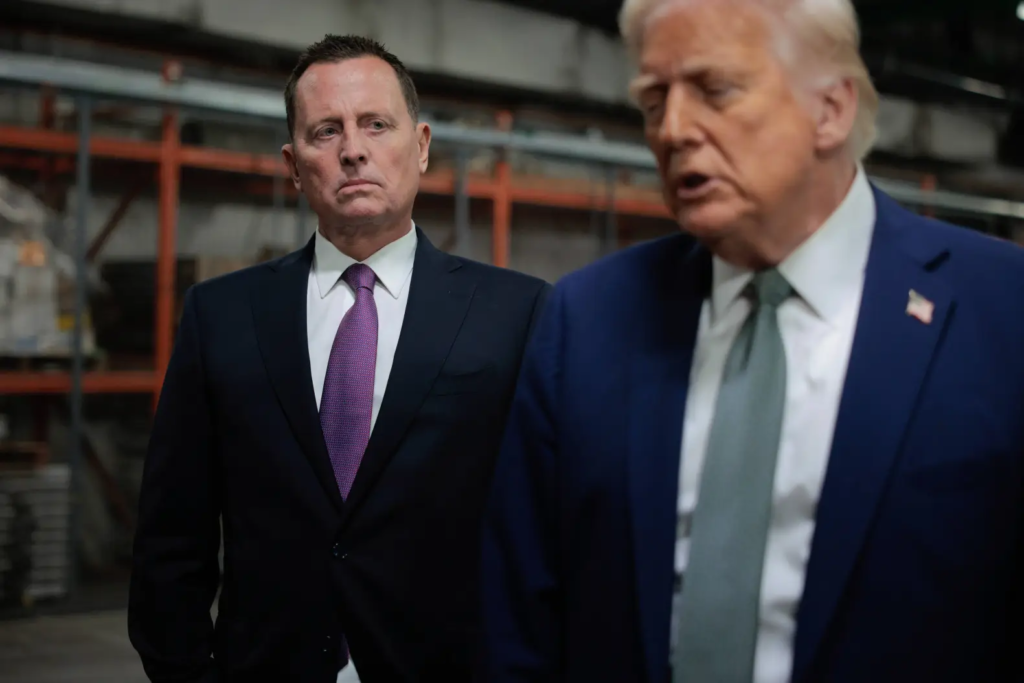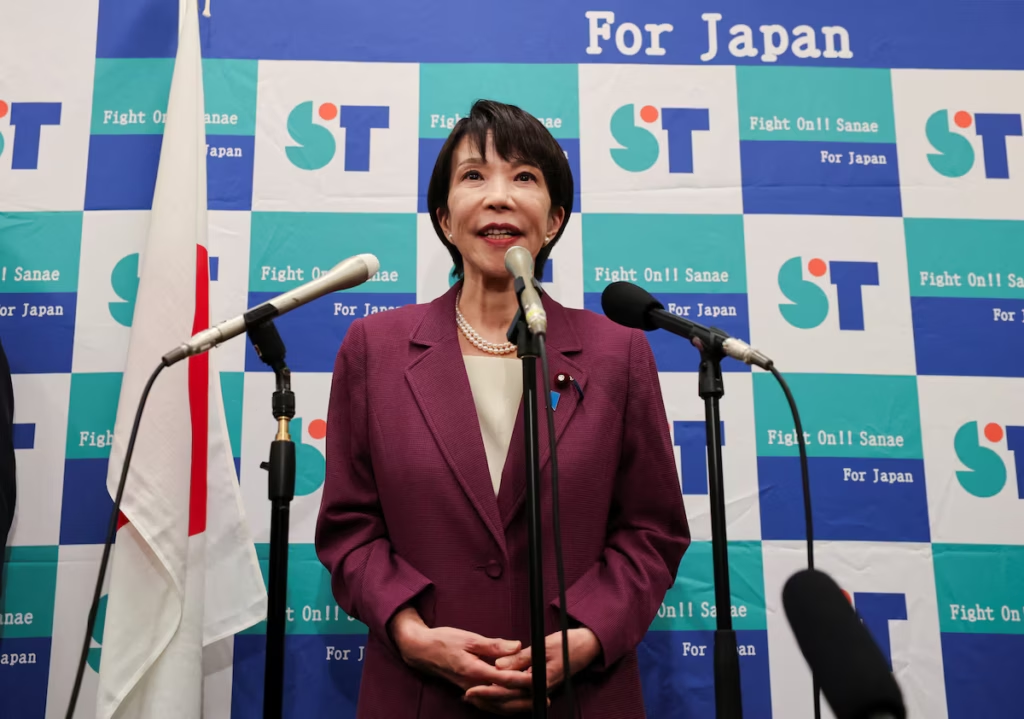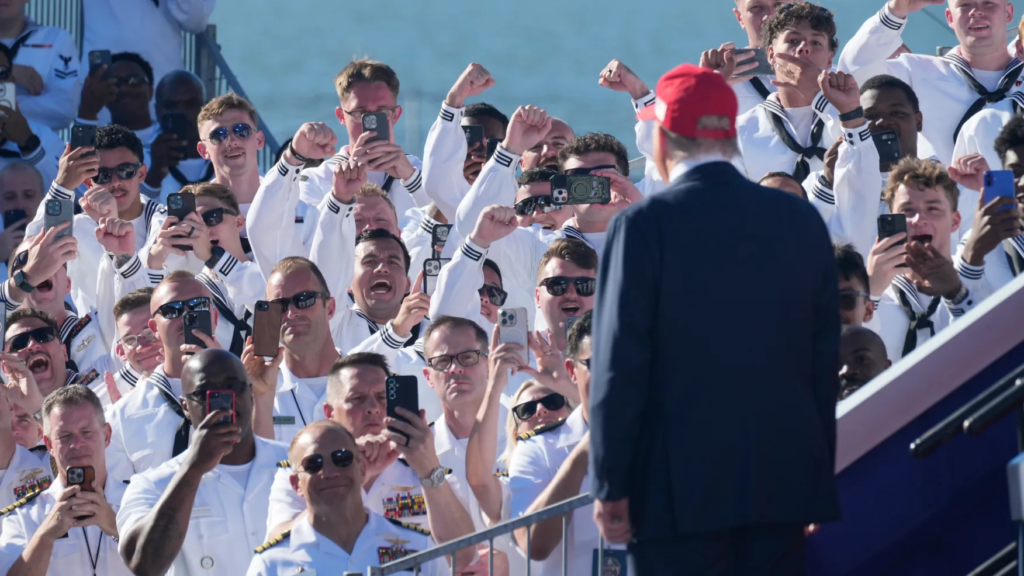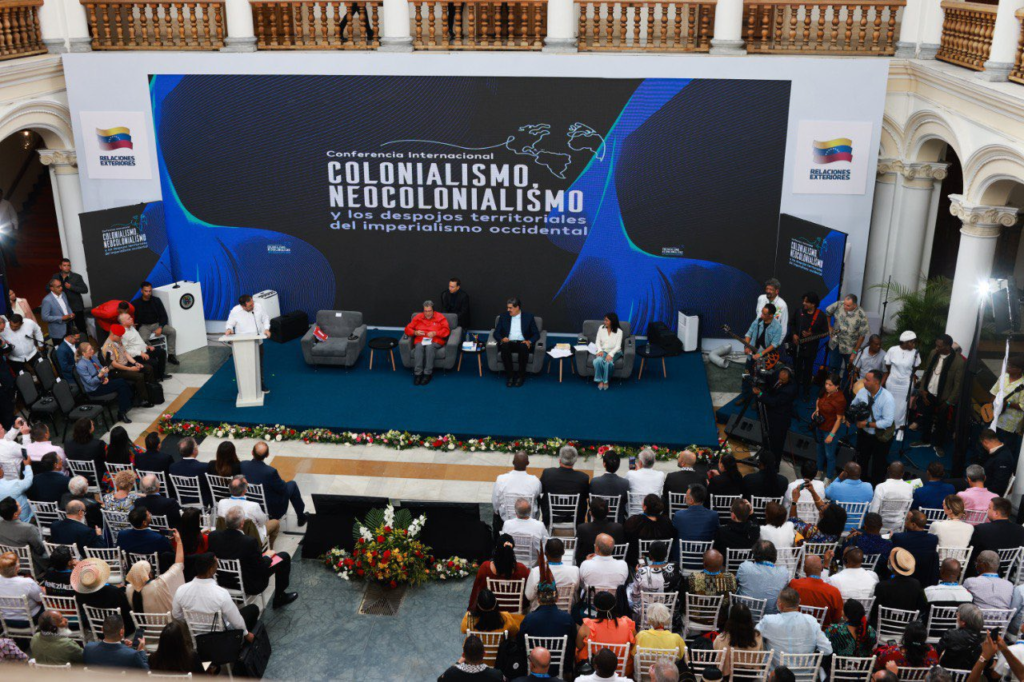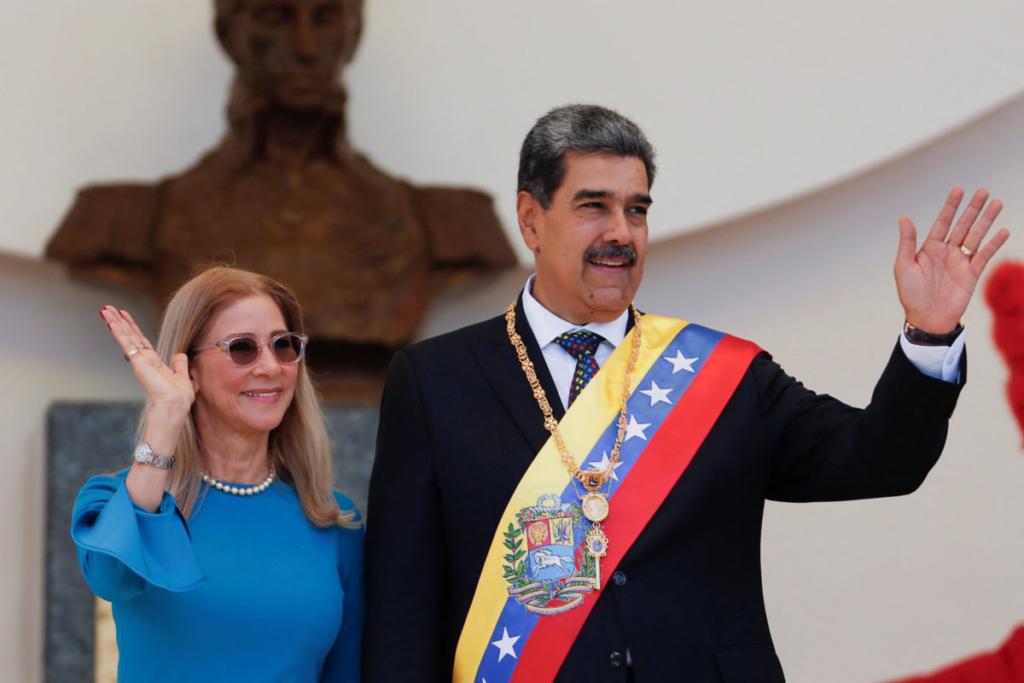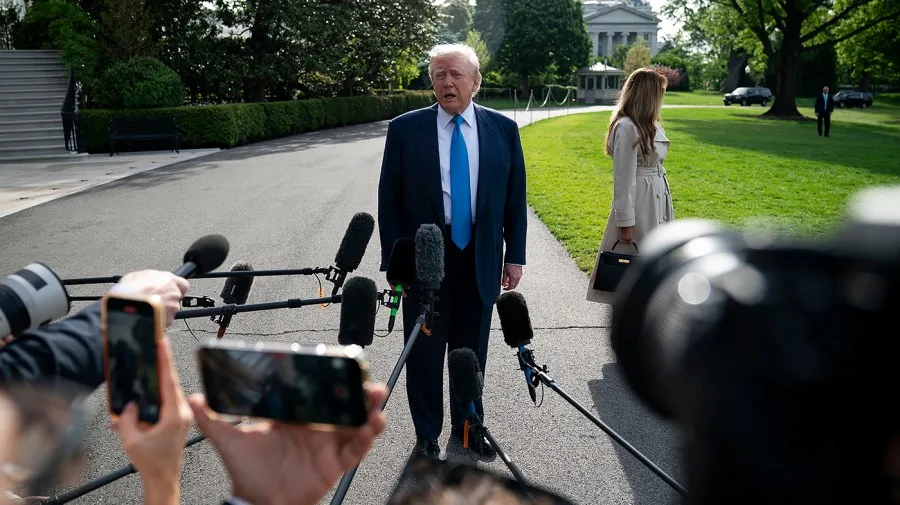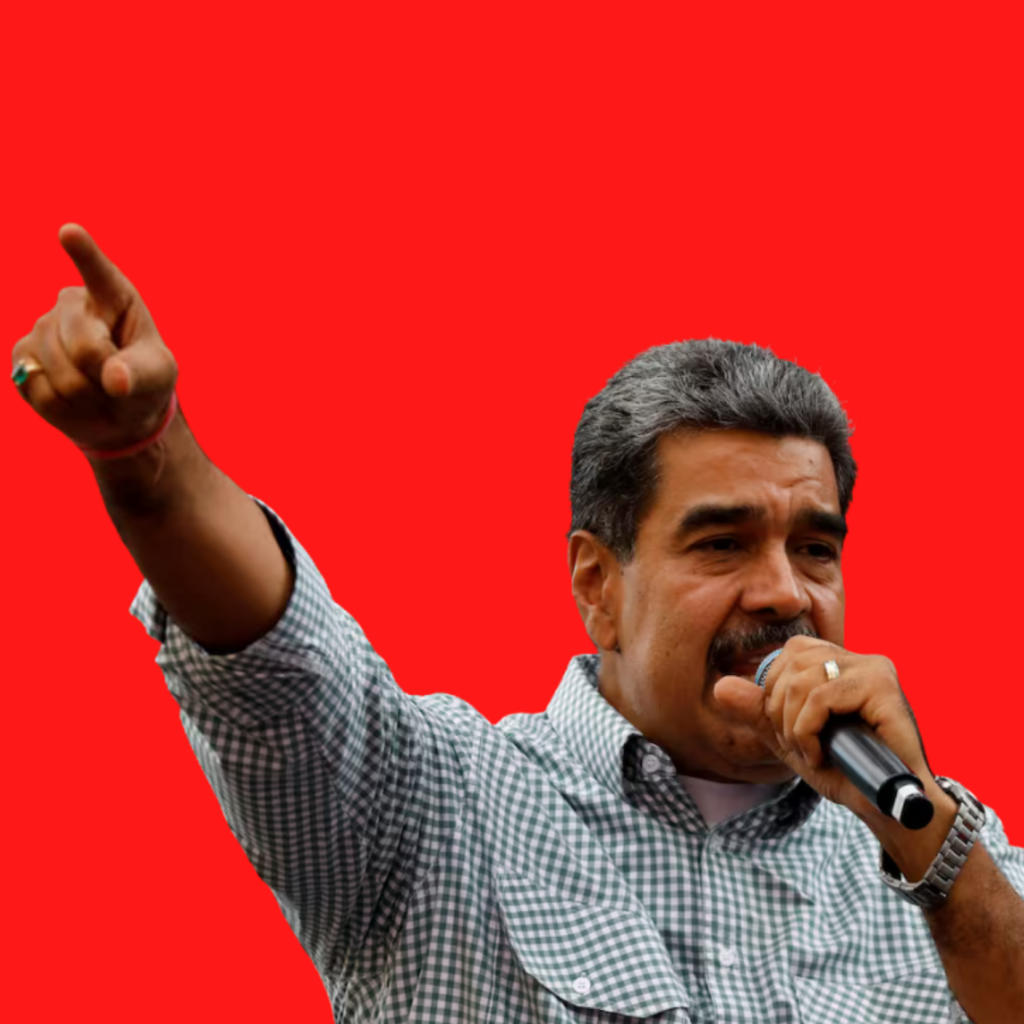MIAMI – On Oct. 13, four Venezuelan soldiers were reportedly killed by members of the Ejército de Liberación Nacional – National Liberation Army, or ELN, during military operations in the western part of the country.
The operations occurred in Zulia state along the border with Colombia, and were reportedly part of the Relámpago del Catatumbo 2025, a series of training exercises, when members of the Venezuelan armed forces were ambushed by armed rebels.
Sociedad was unable to confirm the precise objective of the “military operation” or whether the operation was related to the Maduro regime’s newly announced crackdown on drug trafficking entities along the western border with Colombia.
The Venezuelan government has developed a renewed interest in tackling the illicit drug trade since the United States has publicly accused the Venezuelan regime of colluding with traffickers and facilitating the transportation of cocaine and fentanyl into the United States.
Since these accusations, the U.S. military has steadily broadened a substantial deployment of military assets, conducting strikes on almost a dozen suspected drug boats in the Caribbean Sea and killing over 40 “narco-terrorists”, according to the Pentagon.
Sebastiana Barráez, a journalist with Infobae, first reported that the Bolivarian National Armed Forces (FANB) initially concealed the deaths of four of its service members, avoiding any public statements and omitting the names of the deceased.
The ELN and other armed rebel groups and criminal drug trafficking entities are known to be extremely active in the rural regions beyond the reach of the government in Caracas, and have a history of operating with a quiet nod from the government.
During the Chávez years, it was also widely known within certain sectors of power in Caracas that the regime helped to facilitate the illicit activities of Colombian rebel groups to conduct insurrectionary activities against the central state in Bogotá in a drive to destabilize its Colombian neighbor, which was then led by right-wing conservative President and Chávez adversary, Álvaro Uribe Vélez.
Both Chávez and his successor and current President Nicolás Maduro have denied such allegations of association with criminal rebel groups and illicit drug trafficking organizations.

